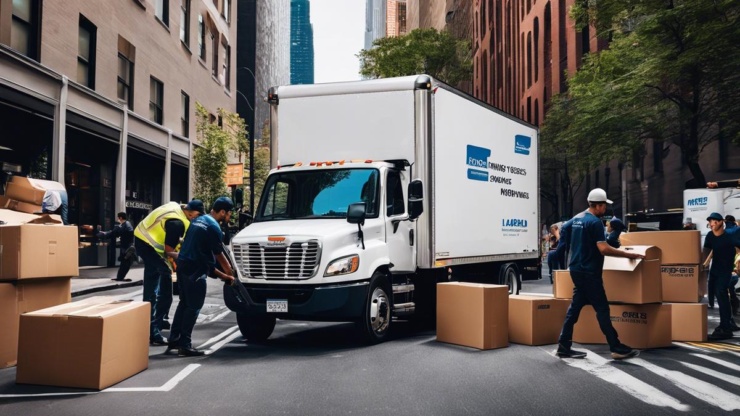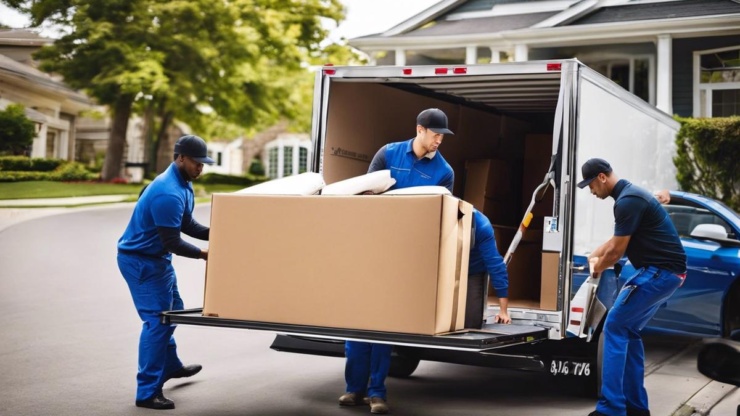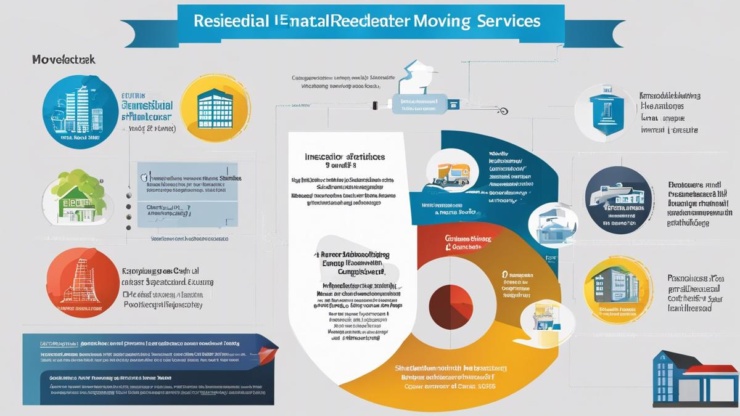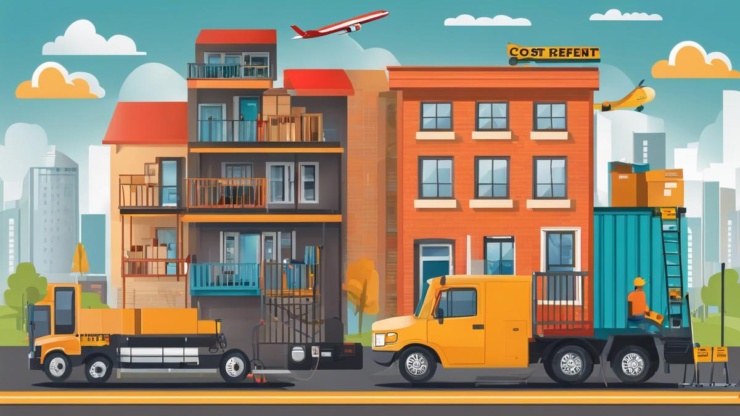Moving Tips
When is the best time to move?
Take all factors into consideration when deciding on the best time for you to move. Keep in mind, however, that the summer months (mid-May to mid-September) and the beginning and end of each month (regardless of the season) are particularly busy for moving companies and may require more flexibility and advanced scheduling.
How do I determine which moving companies to contact?
Ask your neighbors, friends, coworkers and family members if they can make recommendations. Investigate each of the movers you select with the Better Business Bureau. Good service is the best measure of a good mover.
When should I contact moving companies for estimates?
Try to provide moving companies with as much notice as possible, especially if you are moving during the summer months. We recommend at least four to six weeks before your desired moving date. This will increase your likelihood of securing the pickup and delivery dates you desire.
What happens when a relocation consultant comes to my home?
The relocation consultant will arrive at your home to perform a visual survey of your items. The consultant must be able to clearly see what is being moved in order to provide you with an accurate estimate. If you know of items that are out of view or will be eliminated, be certain to point them out to the consultant. Once the visual survey is completed, the consultant will calculate the weight, packing cost and any other charges related to your move.
Household Moving Tips
Preparing For The Move
Have a garage sale. Get rid of everything you don’t need before you move.
Get organized now. Don’t wait until the last minute. Make list of things you need to do and when.
Make sure you are ready for the packers and movers. Don’t forget to do the laundry, wash the dishes, pack your suitcases, disconnect computers, stereos and VCRs.
Set aside those items that you will be taking with you and clearly mark them as Do Not Pack.
Arrange to close your accounts at your local bank and opens accounts in your new hometown.
Obtain a change-of-address kit from your post office or go to https://moversguide.usps.com
Drain the gas and oil from all your power equipment (lawnmower, edger, etc.)
Schedule house cleaning and other home services for the day after loading.
Have your utilities shut off the day after loading (gas, electric, telephone, etc)
Make your travel arrangements for the day after loading. In case of weather delays or other unforeseen problems, you wouldn’t want to miss a flight or other travel related appointment.
Before the moving truck leaves for your destination, give the driver your phone numbers where you can be reached. It is also a good idea to get the driver’s cell phone number.
Be aware of items that can’t be moved with the mover.
These items include:
Flammable Items
Combustible Items
Aerosol cans
Hazardous Materials
Gasoline
Plants
Paints
Ammunitions and Explosives
Jewelry
Legal Documents (wills, financial papers, insurance documents, etc.)
When using a mover, remember that you are the customer and the boss. If you have any concerns at all, contact your move coordinator immediately.
In the bustling heart of New York City, the demand for cost-effective, quality moving services continues to grow. Driven by rising living costs, demographic trends and an ever-growing customer demand, the moving services market in NYC provides an intriguing and…
Read more
Dynamic and constantly evolving, the New York City moving and storage industry is a significant component of the city’s ecosystem. With a consistently growing population and a corresponding increase in demand for storage and relocation services, the need for cost-effective,…
Read more
Moving is often a daunting task, and finding a reliable moving company in the bustling city of New York can add to the challenge. The scope of evaluation must not only focus on the service price but more on the…
Read more
In the realm of economy and business, the sector of household goods moving companies proves to be dynamic and integral. Employing countless individuals and facilitating residential transitions, its implications are far and wide. This comprehensive examination explores the complex world…
Read more
In today’s dynamic landscape, the residential moving services industry is being revolutionized by myriad changes, ranging from technological advancements to shifts in consumer behavior. No longer bound by traditional constraints, entrepreneurs within this space are leveraging these changes to create…
Read more
With the rise of the ‘Do-It-Yourself’ (DIY) culture and a growing emphasis on cost-effectiveness and convenience, self-service movers have become an increasingly prevalent presence in the moving industry. This new business model has disrupted traditional moving services by providing personalized…
Read more
Moving between states can bring immense joy and excitement, but it also involves a complex web of elements that contribute to the overall costs. As a client, understanding these elements can not only provide transparency in moving expenditures but also…
Read more
When you’re standing on the threshold of a new home, the labyrinth of decisions concerning your move can seem overwhelming. One of the most pivotal choices that need to be made is whether to embark on a DIY moving journey…
Read more
In our dynamic world, steeped in a culture of innovation and technology, the moving and packing supplies industry is seeing significant transformations. As a consumer, it’s crucial to stay informed about these developments, understanding not just the products and services…
Read more
Scouting for a reliable moving company can be a daunting task in the modern climate of ubiquitous scams. Unscrupulous moving companies employ a plethora of tricks to defraud innocent customers, exploiting the inherently stressful nature of moving to maximize their…
Read more
When faced with the challenging task of organizing a move, the selection of a reliable moving company is pivotal. Understanding the intricacies of the moving industry and the various services, costs, and credentials that differentiate one company from another can…
Read more











